Episode
74
Embracing the circadian rhythm for better health
Satchin Panda: Professor Regulatory Biology Lab, Salk Institute
Satchin Panda is a professor at the Salk Institute and a founding executive member of the Center for Circadian Biology at the University of California, San Diego. Dr. Panda is also the author of a new book, the Circadian Code, in which he explains his theory that our overall health and longevity is affected more by when we eat than what we eat. Timing, he says, is everything. Limiting the number of hours during which we consume our meals is pivotal to nurturing the body clock and could help us avoid the chronic diseases of old age, he believes. Dr. Panda’s research is compelling and potentially life-changing. In this LLAMA podcast interview, with Peter Bowes, he explains what it means to adopt a ‘time-restricted eating’ pattern; why choosing to eat in a shorter time window could help us sleep better and be more alert during the day; and how we can all get involved in a research project cataloging the circadian rhythms of thousands of people around the world.
Published on: 24 Sep 2018 @ 19:38 PT
NOTES AND QUOTES
Connect with Prof. Panda: Salk Insitute Website | Panda Lab | My Circadian Clock | Book: The Circadian Code
In this interview we discover:
- How the architectural design of the Salk Institute helps “great minds” work together.
- Exposing the elephant in the room of science and adopting a holistic view of the body.
- Why Dr. Panda’s work would not have been possible with the Salk Institute.
- Cultural encouragement to think out of the box.
- How Dr. —–Panda’s early years growing up in India helped him look at human life and culture in a different light.
- How the differing lifestyles between his maternal and paternal grandfathers affected their lives.
- Why Dr. Panda did not pursue a career as a plant breeder and instead focused on biological clocks.
- How cultural and geographic differences between North America and India affected Dr. Panda when he moved to the US.
- Early observations about how not living with a natural circadian rhythm after humans.
“The language of time has become the language of health”
- Why 2001 was a pivotal year in the life and career of Dr. Panda.
- The differences between the circadian rhythm, clock and code.
- How the light dark cycle and our eating patterns affect our circadian clock
“Our genes are no longer the master conductor, our behavior is the master conductor of all our internal rhythms.”
- How the 24-hour availability of food has affected our daily circadian patterns.
- Why physical activity affects how we sleep.
- How do we optimize our waking hours so we can use light to our advantage?
- Why is blue light so important?
- When is the ideal time to combine physical activity with light exposure?
- Why we should dim the lights in the 2-3 hours before we go to bed, for better sleep.
‘The brain is the command center and if that command center is not repaired and reset and rejuvenated then everything else suffers. So that’s why sleep is important.”
- How light is a “therapeutic agent.”
- What does melatonin do to us?
- What does it mean to eat within a time restricted period?
- How cramming calories into a 8-12 hour period helps us nurture our circadian clock.
- How caffein affects the daily rhythm of our bodies.
“A cup of coffee is like an hour of bright light.”
- Why we are much more “sensitive” to coffee than we realize.
- What is the difference between ’time restricted feeding’ and ’time restricted eating?’
- How restricting eating to different periods of time – 12 or 8 hours – affects us in different ways.
- How exercise endurance is affected by longer periods of food restriction.
- How does Dr. Panda define breakfast? Is it the first meal of the day?
- Does it matter whether we have a high carbohydrate or protein-rich breakfast?
- Which hours of the day are the most challenging during which to resist eating?
- How fire, arts and culture play a role is our traditional food-sharing behavior.
- What about shift workers whose lives are turned upside down by their jobs? Can they adapt to a time limited eating pattern?
- How Dr. Panda is collecting data from thousands of people around the world via an app, My Circadian Clock, to evaluate their lifestyle and see what improvements can be made by time restricted eating.



